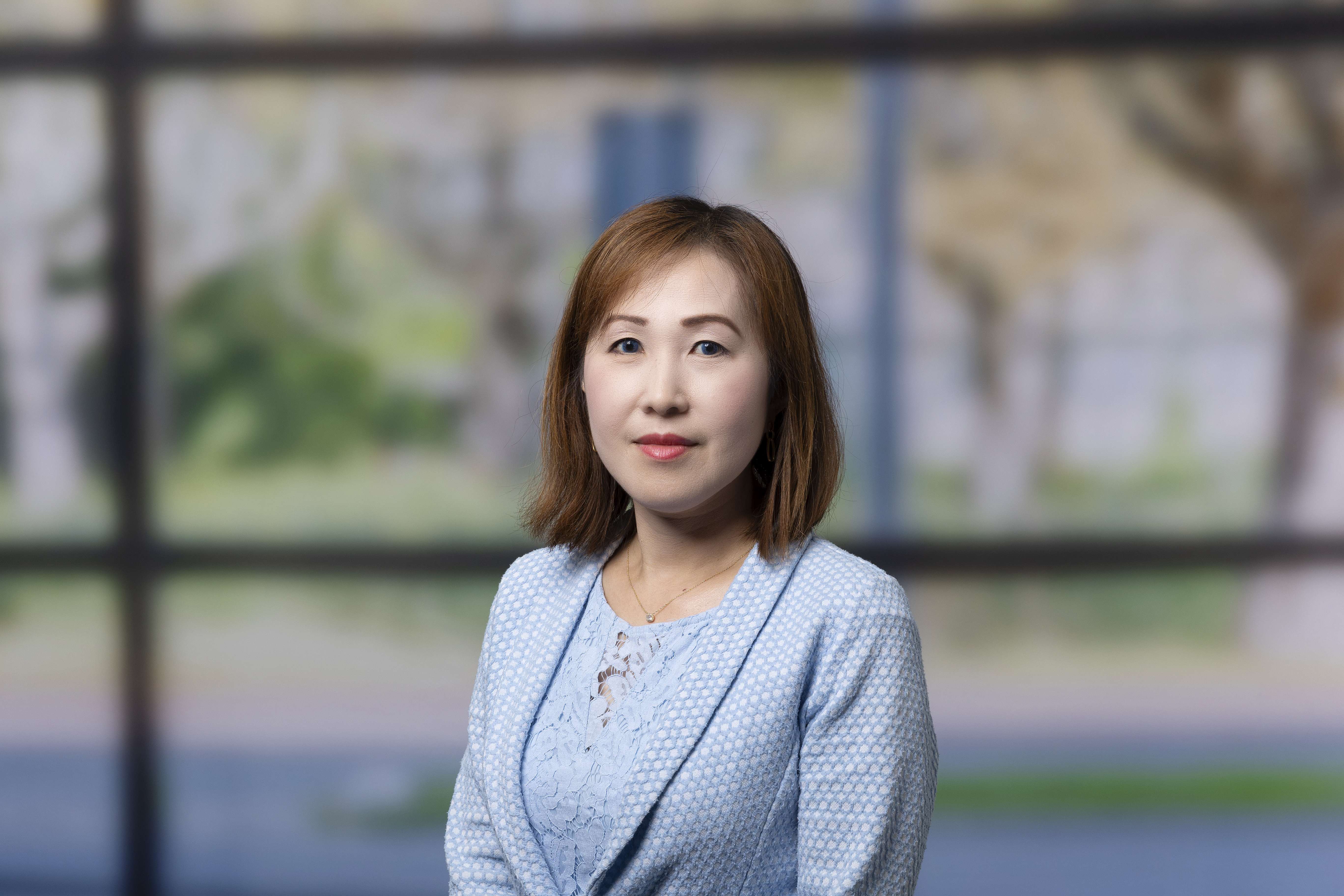Talk with the professors - Zenlin Roosenboom-Kwee
Zenlin Roosenboom-Kwee
Dr.ir. Z. (Zenlin) Roosenboom-Kwee is Assistant Professor of Strategy and Innovation at Delft University of Technology. She held her Ph.D. from the Rotterdam School of Management, Erasmus University and was an alumnus of Systems Engineering, Policy Analysis and Management (Cum Laude) from Delft University of Technology. Her research has spanned a wide range of subjects in strategic management, including strategic renewal, corporate governance, upper echelons theory (top management teams), innovation, and entrepreneurship.
According to you, why should engineers choose to pursue MOT?
I think there are many positive considerations why engineers may want to pursue their studies in the MOT programme. In essence, this is because the MOT programme offers the right knowledge base for engineers who would like to broaden their engineering expertise in business and management areas, such as finance, economics, strategy, and marketing. The combination of knowledge in both management and technology is even more compelling in today’s business environment.
What should students expect from the MOT programme?
Students may expect to go beyond hard-core engineering in which they can also learn to become business or management-oriented engineers. The MOT programme offers students more nuanced perspectives in technology, such as the business case of technology and the wider societal impacts of implementing a certain technology, hence beyond technicalities of innovation.
What do you think makes MOT different from other programmes in management?
The uniqueness of the MOT programme lies in its multifaceted interplay between technology and business as well as social world which has become more increasingly important in the management of responsible innovation.
What is your research area and how this relates to the MOT programme?
My research areas cover the interconnected spectrum of strategizing and financing of innovation. Since I employ multidisciplinary approach and incorporate aspects of technology and values (e.g., market/financial values, economic values, ethical and societal values), it has a good alignment with the MOT programme that offers diverse scientific and managerial perspectives.
Can you tell us in short about the economic and finance specialization and its careers prospects?
The Economic and Finance specialization provides insights into the interaction of financial systems and real economy. In this specialization, students will also learn the role of regulation and policy in helping to improve such an interaction by considering not only financial impacts but also non-financial (societal) impacts. The specialization is conducive to students’ future careers in, among others, business (financial, management) consultancy and/or policy sector (e.g., policy advisor or policy maker in government departments or regulatory institutions).
What is your opinion about the field of management as a career for women to pursue?
Over the years, we see the growth in the number of female engineers. As nowadays, companies have more actively promoted and improved the diversity and inclusion policy in the workplace, I think although there may still be challenges, women are more empowered to pursue a career in the field of management. Additionally, women in the workplace today have more opportunities to grow and move up to the (top) management level in companies ever than before.
How has your experience been at the faculty of TPM?
It has been a pleasant and inspiring experience! I really feel at home at the TPM Faculty. I enjoy interacting with students and collaborating with my colleagues. Going forward, I am looking forward to welcoming new students in my courses for the upcoming academic year 2022-2023
